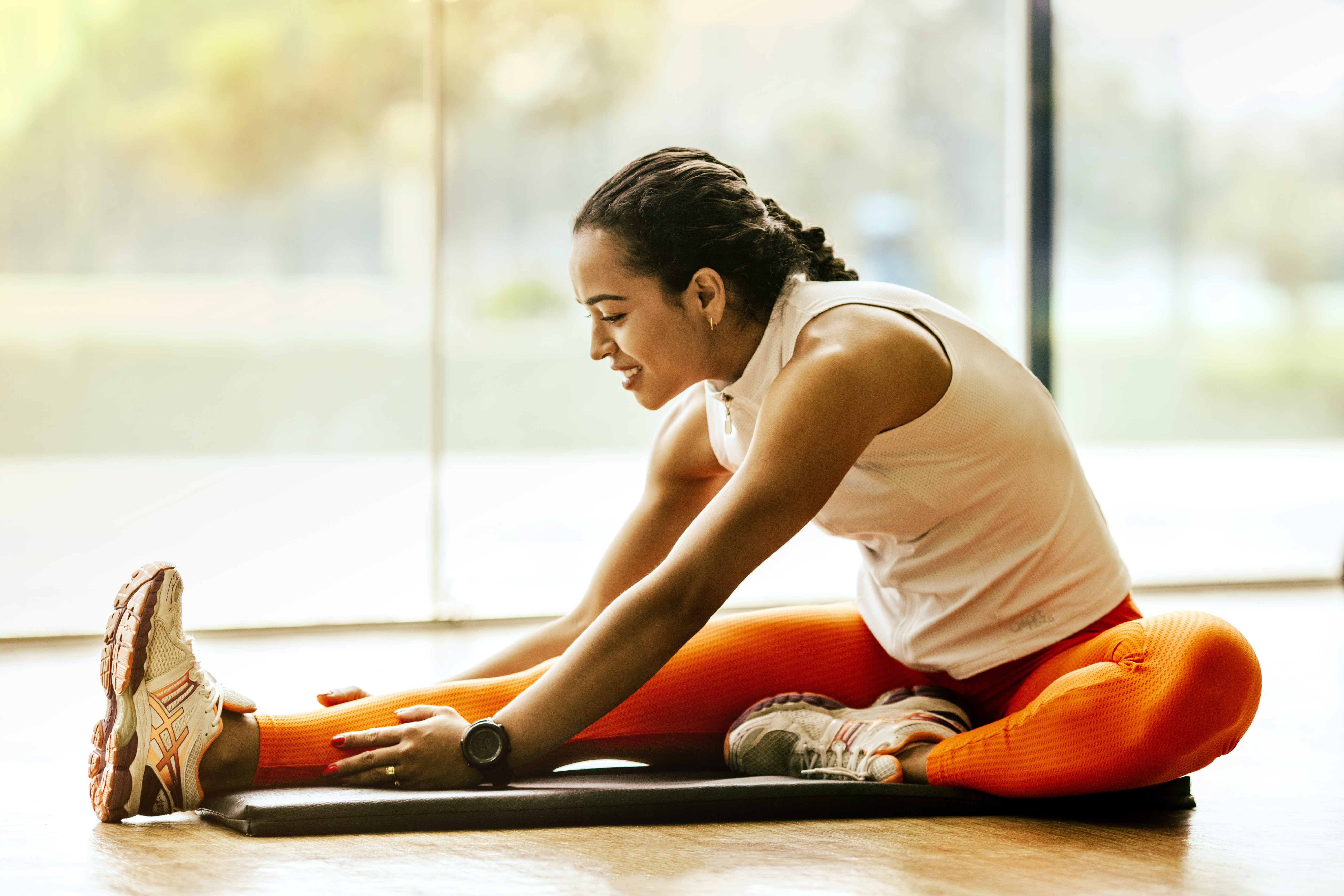In my last blog on Wednesday the 22 April 2020 I suggested that we perform up to 100 body weight squats a day for as long as lockdown lasted. So, how are you getting on?
I have to admit that back in April of last year I didn’t think we would still be in some form of lockdown in January 2021, and despite the best efforts of science and medicine in producing vaccines it would appear the ‘new normal of 2020’ is still our way of life for some time yet. As such, those 100 squats must be easy by now…
RESILIENCE
Throughout 2020 we have had to increase our self-awareness, become more mindful, take more care, rely on positive relationships and maintain a sense of purpose within our everyday lives. These skills have helped us to become more resilient, and in the same way fitness training will make us stronger toward any physical demands, our increased resilience will help us tackle the mental challenges that 2021 may or may not bring.
So I would like you to join me in making resilience a resolution for 2021 and let us start by understanding how exercise will help us achieve this:
THE SCIENCE
Studies have shown that physical activity can enhance the brains ability to cope with stress and as such reduce anxiety. In essence, simply moving more and developing a healthy lifestyle routine can reorganise our brain to become more resilient to stress. Furthermore, by investing a small amount of time every day to becoming fitter and stronger we can maintain that sense of purpose. Based on this, I recommend we utilise the benefits of physical exercise to help improve our mindfulness. In essence I am asking you to train for resilience and make physical activity part of your daily life through lockdown(s) and beyond.
TRAINING FOR RESILIENCE
- Increase your self-awareness to exercise by understanding the different components of fitness such as muscular endurance, cardio-respiratory, flexibility, strength, power and speed.
- Become more mindful by taking the time to consider what components of fitness are important to you and what you would like to achieve.
- Take more care of your body by developing some simple lifestyle changes such as increasing your daily steps by 500.
- Maintain a positive relationship by including an exercise partner or encouraging somebody else to follow us in our pursuit of resilience through physical activity.
- What is the purpose of the exercise(s) and lifestyle changes you have chosen?
In order to train for resilience you might decide that your heart and lungs strength needs to improve (cardio-respiratory). You might do this by taking a regular solid walk. Yet, in order to improve your cardio fitness (strengthen your heart and lungs) every week we will have to increase the steps or pace. The outcome here is that you will become fitter, and an increase in muscular endurance will also occur. Therefore the purpose of the walk is to improve cardio-respiratory efficiency and increase your muscular endurance – especially if you walk some hills. By sticking to this regular schedule or routine, we can organise our daily calendar accordingly thus begin to reorganise our brains to become more mindful. As the exercise gets harder our body and mind becomes more resilient.
Check out our Stay Well @ Home webpage for great at-home workouts, virtual classes, wellbeing tips and much more.
For information about Kent Sport during the Coronavirus pandemic, visit our Coronavirus webpage

